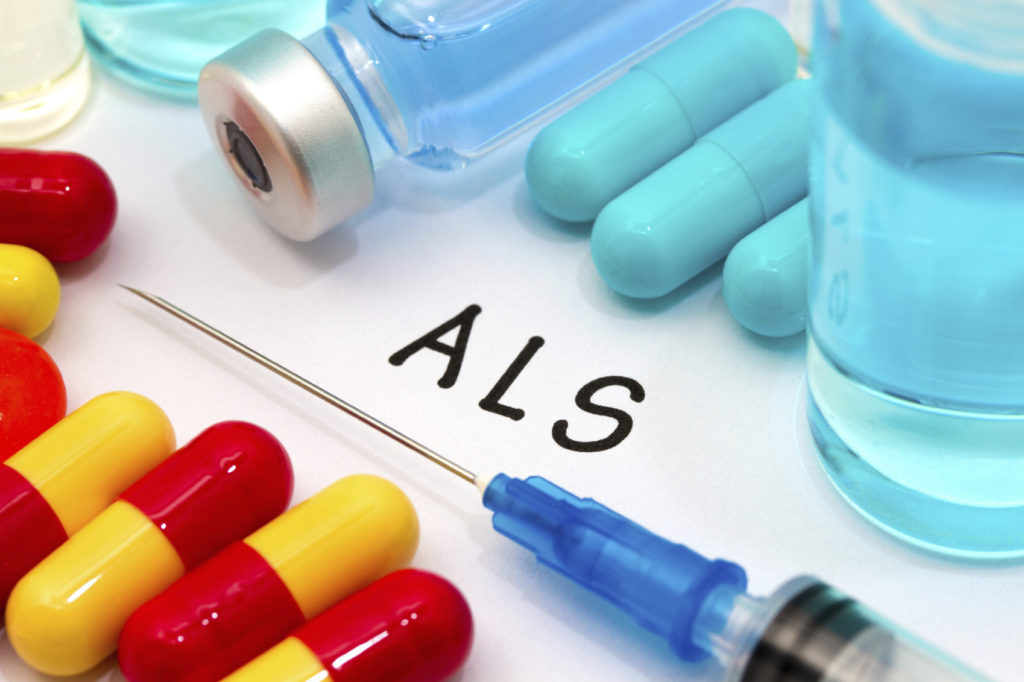Being diagnosed with Lou Gehrig’s disease (also known as ALS) causes a daunting number of questions and concerns for the person diagnosed and the people who love them. What causes ALS? What are the ALS symptoms which might be experienced right away, and how will they change in the future? How can I find support?
With roughly 30,000 Americans currently living with ALS, there are also approximately 5,600 new ALS diagnoses every year. And though the exact cause is not yet determined, some scientific studies point to complicated risk factors, such as a doubled risk of ALS in those who served during the Gulf War.
Although each person with ALS can be impacted differently from the illness, it does progress in stages as time goes on. Gaining information on these phases can help those diagnosed with ALS and those who care for them implement the most appropriate plan of care.
Compassionate Care Home Health Services, the top home care provider in Cadillac, Saginaw, West Branch, and the surrounding area, shares details below:
Early Stages
- ALS first affects muscles used for speaking, breathing, or swallowing for many people
- ALS symptoms may be detected in just one part of the body
- Milder symptoms may impact significantly more than this one region
Possible Symptoms:
- Slurred speech
- Poor balance
- Stumbling when walking
- Weakened grip
- Fatigue
Middle Stages
- ALS symptoms are noticeably worse
- Twitching might be noticeable
- Some specific muscles may be paralyzed, while others are weaker or totally unaffected
Possible Symptoms:
- Possible uncontrolled and inappropriate laughing or crying, known as the pseudobulbar affect (PBA)
- Struggles with eating and swallowing, which can cause choking
- Difficulties standing without assistance
- Problems with breathing, particularly when lying down
Last Stages
- Speaking may no longer be possible
- The individual can no longer eat or drink by mouth
- The individual with ALS needs full assistance to care for their needs
Possible Symptoms:
- Decreased mobility
- Significantly affected breathing, resulting in fatigue, unclear thinking, headaches and susceptibility to pneumonia
- Paralysis in the majority of voluntary muscles
Home care services from a professional care agency like Compassionate Care Home Health Services can make a major impact on the quality of life of someone with ALS. Our care providers work with families to develop an individualized plan of care, allowing those experiencing ALS symptoms to maintain dignity and the greatest level of independence at all times.
Reach out to us any time online or at 877-308-1212 to learn more about how our services can help someone you love.

